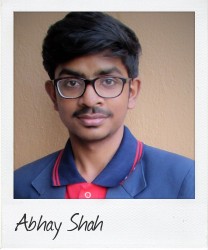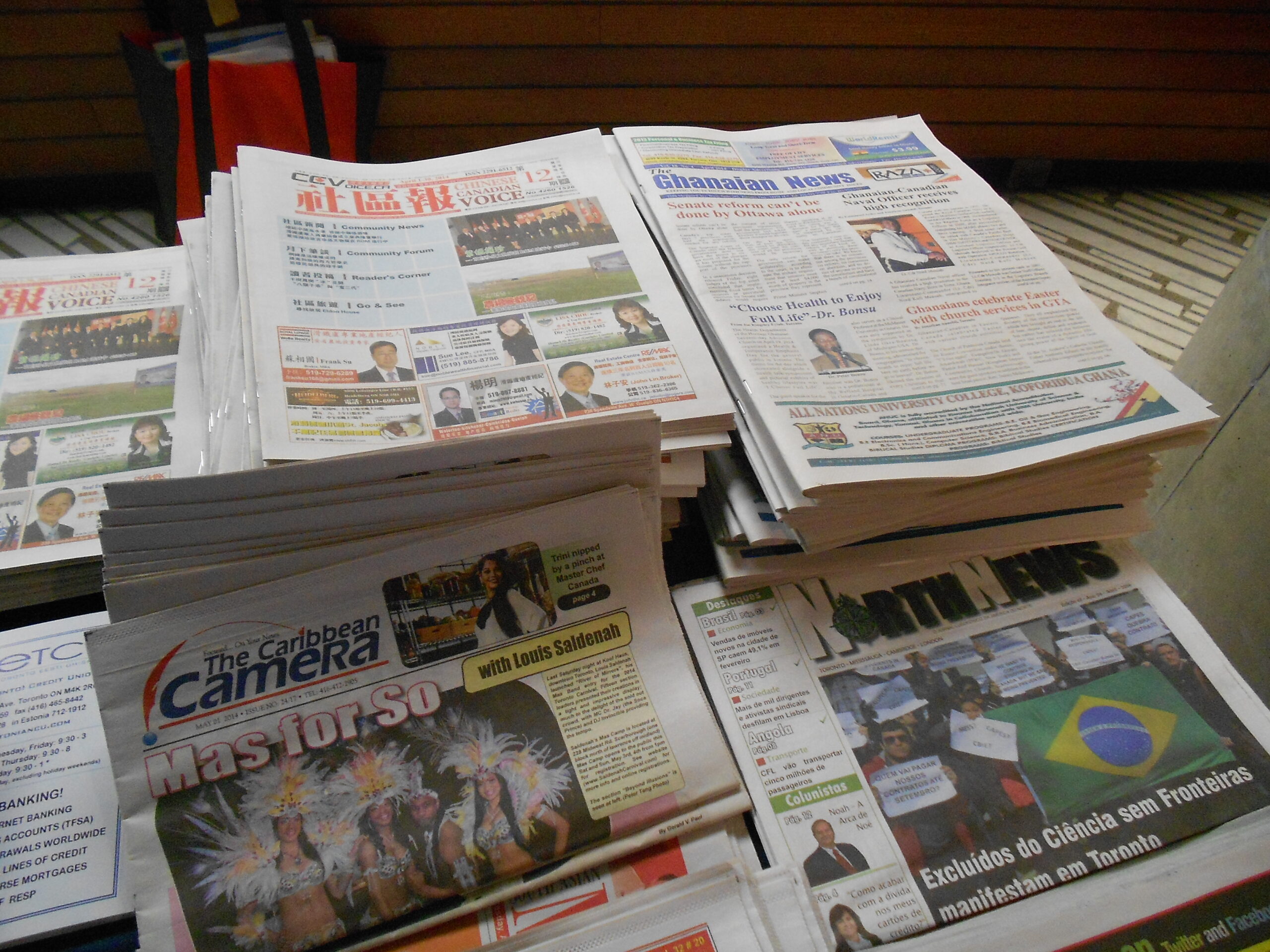“Criticising the media to defend democracy”
May 1st, 2017 For centuries, the role of the press has been recognised as the Fourth Estate and as a forum for public discussion, writes Abhay Shah, 17, a Commonwealth Correspondent from Siliguri in India. As World Press Freedom day approaches, he describes the balance that the media must strike in maintaining that role.
For centuries, the role of the press has been recognised as the Fourth Estate and as a forum for public discussion, writes Abhay Shah, 17, a Commonwealth Correspondent from Siliguri in India. As World Press Freedom day approaches, he describes the balance that the media must strike in maintaining that role.
Democracy cannot thrive in countries that are in the grip of violence and strife. Ideally, democracy should provide the people a medium through which they can settle their differences peacefully. If media is constantly challenged by violence and dissension, democracy will be hindered.
Today, despite the role of mass media as a guardian of the public interest, the bridge between the government and the governed body remains ingrained.
There is a complex and multi-dimensional linkage among the media, democracy, good governance and peaceful development. The media shape public opinion, but they are in turn manipulated and influenced by different groups in the society. The media can promote democracy by educating voters, protecting human rights, promoting tolerance among various social groups, and ensuring the governments are transparent and accountable. The media, however, can play an anti-democratic role as well. It can sow fear, division and violence. Instead of promoting democracy, it can contribute to democracy’s decay.
The reality is that the media does not always live up to ideals. In some cases it has fanned the flames of discord by taking sides, reinforcing prejudices and circulating biased facts. The media has been criticised for sensationalising violence without explaining the root of conflict. At times, media has ignored peace building efforts. It has also portrayed warmongers with more details rather than highlighting forces responsible for suppressing the conflict and creating peace.
Media is the constituent part of the foundation which holds any nation. If this integral constituent is tampered with, the foundation or growth of the nation collapses. Media is that entity that should not be influenced by any means. It should be the mirror that should reflect the reality irrespective of the look, whether bad or good.
In Rwanda in the 1990s, a radio station supported by international donors became the mouthpiece of the extremists who favoured and encouraged genocide. During the time of election in many countries the media seems to be favouring various parties. This creates a false apprehension which determines the winning chances of parties.
Recognising the crucial roles and the misuse of media, many NGOs have embarked on training journalists in “Peace Journalism”. Peace journalism avoids giving undue attention to violence, it focuses mainly on the impact of events and the reactions of various communities responsible in spreading peace and their efforts made to bridge the differences made by various groups.
Media companies often blame the need to compete in tight markets for their inability to live up to democratic ideals of the press. However, the press and the people of the country must realise that media should never be forced to blunt its edges over achieving commercial success or for any other reason.
Reach me on Twitter https://twitter.com/Abhay_Shah03
Photo credit: Pat Halpin
…………………………………………………………………………………………………………………
About me: I am studying at Sacred Heart School, where I have been prefect for two years and am pursuing Human Resource and Management. I enjoy public speaking, and in collaboration with the Rotary Club have formed Interact Club, which sponsors projects health and education projects for underprivileged children. My purpose is not to create people in my own image, but to develop people who can create their own image and move on. I believe in “collaboration and not competition”.
…………………………………………………………………………………………………………………
Opinions expressed in this article are those of the author and do not necessarily represent the views of the Commonwealth Youth Programme. Articles are published in a spirit of dialogue, respect and understanding. If you disagree, why not submit a response?
To learn more about becoming a Commonwealth Correspondent please visit: http://www.yourcommonwealth.org/submit-articles/
…………………………………………………………………………………………………………………




